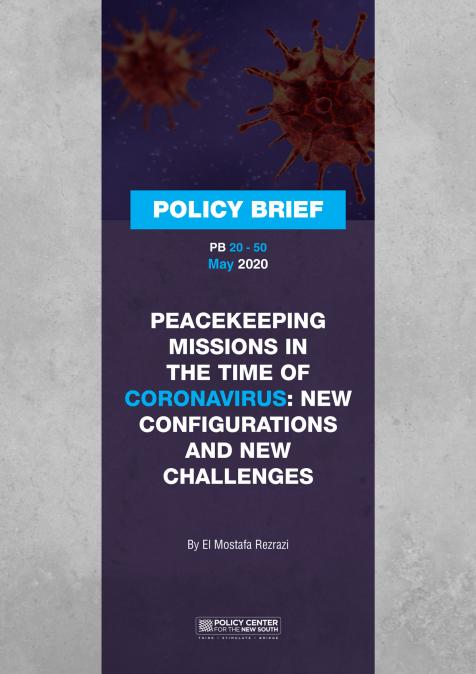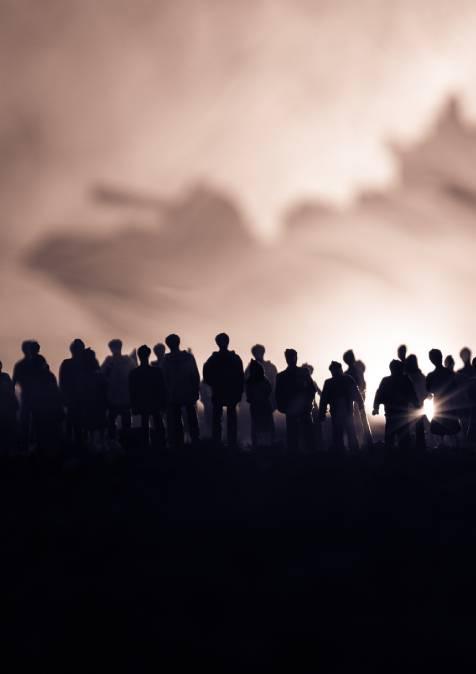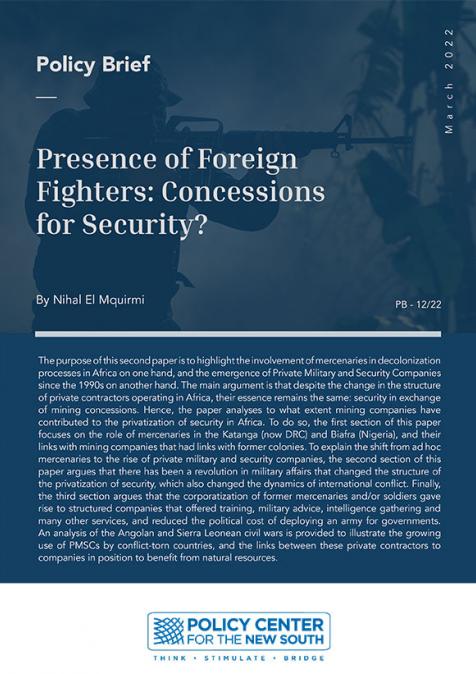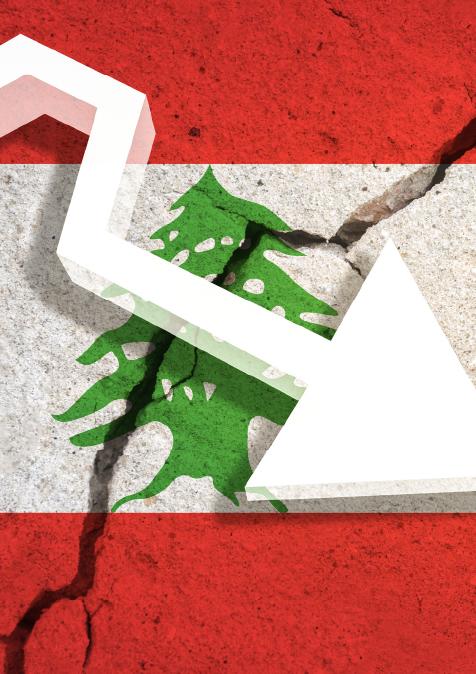Publications /
Policy Brief
In discussing the potential role of peacekeeping missions in the context of the threat of the Coronavirus pandemic, two main issues arise. The first is of a legal nature, and the second is linked to the management of expenditures and budgets.
Legally, the duties of peacekeeping missions are defined by the United Nations Security Council resolutions that mandate the creation of a mission.
Financially, UN member states have become less willing to finance peacekeeping operations (PKO) or to deliver pledged financial contributions to stakeholders on time, putting missions at risk.
By the end of 2018, the budget deficit of the United Nations peacekeeping forces, an external link of $ 6.7 billion, was estimated at $ 1.4 billion.
On June 5, 2019, UN Secretary-General Antonio Guterres warned that many peacekeeping missions are severely underfunded, and that the current financial crisis is preventing the United Nations from paying the necessary compensation to troop- and police-contributing countries—mostly low-income countries—at appropriate dates and in advance, impeding the ability of these forces to carry out their much-needed security tasks.









